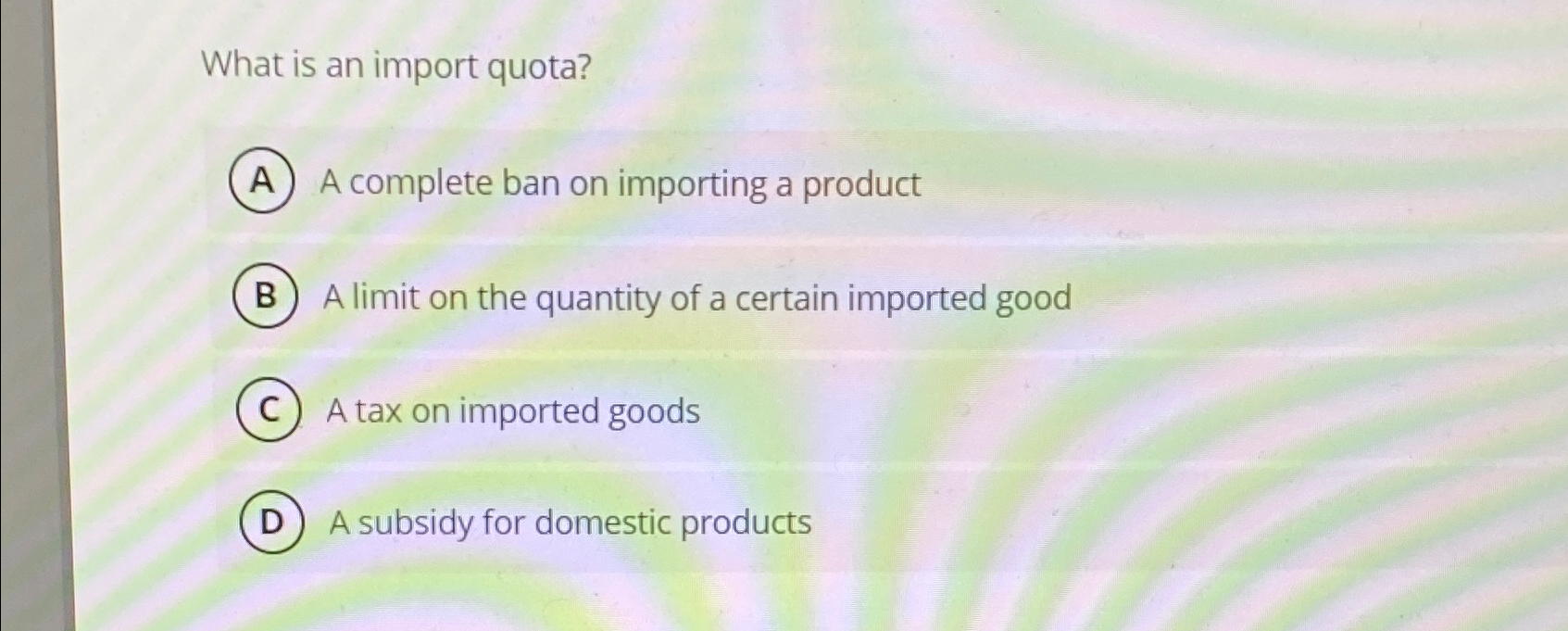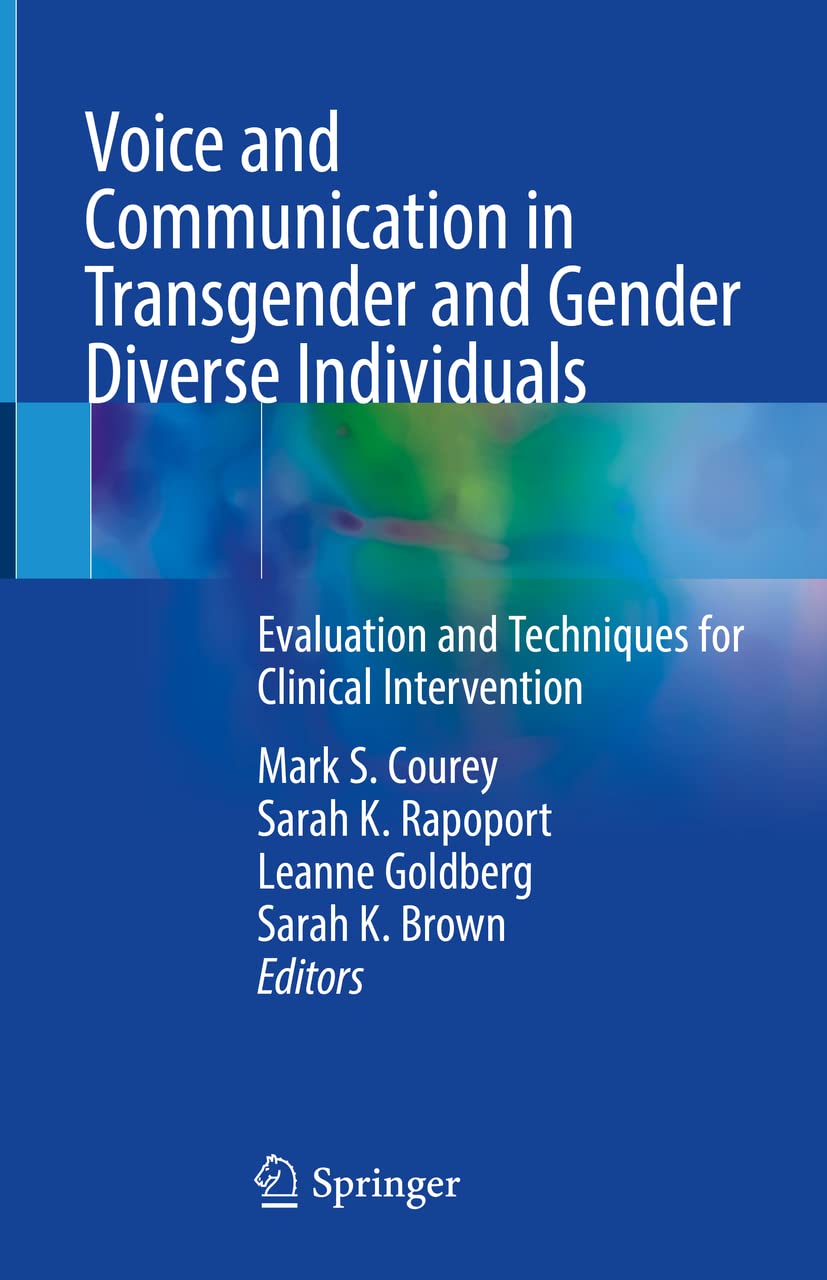Congo's Cobalt Export Ban: Impact And The Anticipated Quota System

Table of Contents
The Rationale Behind Congo's Cobalt Export Ban/Quota System
The DRC government's motivation for implementing a cobalt export ban or a strict quota system is multifaceted. The primary driver is a desire for greater value addition within the country. For too long, the DRC has been a primary source of raw cobalt, reaping minimal benefits from its vast reserves. The proposed policy aims to rectify this imbalance.
- Increased domestic processing: Processing cobalt domestically will create high-skilled jobs, stimulate economic growth, and generate significantly higher revenues for the nation. This involves building and supporting a robust cobalt refining and processing industry within the DRC.
- Improved environmental regulations and responsible mining practices: The government hopes to leverage the ban or quota system to enforce stricter environmental regulations, combating illegal and environmentally damaging mining practices prevalent in artisanal cobalt mining. This includes reducing pollution and protecting ecosystems.
- Securing a fairer share of profits: The current system often sees a disproportionate share of the profits going to multinational companies, leaving the DRC with minimal gains. This policy aims to redistribute wealth and benefits to the Congolese people.
- Political and economic leverage: The ban or quota system could also be a strategic move to increase the DRC's leverage in international negotiations and secure better trade deals.
While the potential benefits for the DRC's economy are substantial, the challenges in implementation are significant. These include securing the necessary investment in infrastructure and technology for domestic processing, enforcing regulations effectively, and overcoming potential resistance from existing international players.
Impact on the Global Cobalt Market
A cobalt export ban or a severely restrictive quota system from the DRC will undoubtedly have a significant impact on the global cobalt market.
- Price volatility and potential price increases: Reduced supply will inevitably lead to increased prices, potentially causing instability in the market and affecting businesses reliant on cobalt.
- Supply chain disruptions: EV manufacturers and other industries using cobalt will face supply chain disruptions, potentially leading to production delays and increased costs.
- Increased demand for cobalt from alternative sources: This will lead to a surge in demand for cobalt from other producing countries like Australia and Canada, potentially leading to price increases in those markets as well.
- Potential for substitution with alternative battery technologies: The high prices might accelerate research and development into alternative battery technologies that rely less on or completely eliminate cobalt.
- Impact on stakeholders: Miners, manufacturers, and consumers will all be affected, with miners potentially facing reduced sales, manufacturers facing increased costs, and consumers potentially facing higher prices for products containing cobalt. Trade disputes and strained international relations are also possible outcomes.
The Anticipated Quota System: Details and Implications
While specifics of the proposed quota system remain somewhat unclear, the potential implications are significant. The allocation criteria for export quotas, transparency mechanisms, and enforcement capacity will all be crucial factors determining its success.
- Allocation criteria: The criteria used to allocate quotas will significantly influence which companies benefit and could lead to inequities, particularly for smaller-scale miners.
- Transparency and accountability: Lack of transparency and weak accountability mechanisms could create opportunities for corruption and rent-seeking behavior.
- Artisanal cobalt mining: The impact on artisanal cobalt mining will be particularly concerning. These miners often operate informally and without adequate safety or environmental protections, and a quota system could exacerbate existing challenges related to responsible sourcing.
A quota system, while potentially less disruptive than a complete ban, still presents considerable challenges and may not fully address the underlying issues of responsible sourcing and environmental protection in artisanal cobalt mining.
Strategies for Mitigation and Adaptation
Companies reliant on cobalt must adopt proactive strategies to mitigate the impact of the potential export ban or quota system.
- Diversification of cobalt sources: Reducing reliance on the DRC by sourcing cobalt from diverse locations is crucial to ensuring supply chain resilience.
- Investment in alternative battery technologies: Exploring and investing in battery technologies that require less or no cobalt is a long-term solution that will enhance competitiveness and reduce vulnerability.
- Collaboration with the DRC government: Working with the DRC government to promote responsible mining practices and contribute to sustainable development can strengthen ethical supply chains and foster long-term partnerships.
- Efficient extraction and processing techniques: Investing in and adopting more efficient cobalt extraction and processing technologies can maximize resource utilization and reduce environmental impact.
- Enhanced supply chain transparency and traceability: Implementing robust traceability systems will enhance accountability and ensure responsible sourcing throughout the supply chain.
International organizations have a crucial role to play in supporting the DRC in developing its cobalt industry responsibly and sustainably, fostering economic growth while promoting environmental protection and social justice.
Conclusion: Navigating the Future of Cobalt and the DRC
Congo's potential cobalt export ban or restrictive quota system presents a significant challenge to the global cobalt market. This policy, while aimed at benefiting the DRC, carries substantial risks for global supply chains and stakeholders. The potential for price volatility, supply chain disruptions, and increased demand for cobalt from alternative sources is significant. Responsible sourcing, sustainable cobalt mining practices, and transparency are paramount to navigating this complex situation. Collaboration between the DRC government, international organizations, and private sector companies is essential to ensure a stable and ethical cobalt supply chain in the long term. Stay informed about developments in DRC cobalt policy and support initiatives promoting responsible cobalt mining and sustainable development in the DRC. The future of sustainable cobalt hinges on collaborative efforts and a commitment to responsible practices.

Featured Posts
-
 Ai Therapy Privacy Concerns And The Potential For Surveillance
May 15, 2025
Ai Therapy Privacy Concerns And The Potential For Surveillance
May 15, 2025 -
 Mental Health In Transgender Individuals The Importance Of Measuring Gender Euphoria
May 15, 2025
Mental Health In Transgender Individuals The Importance Of Measuring Gender Euphoria
May 15, 2025 -
 Jimmy Butlers Pelvic Contusion Game Status Uncertain After Warriors Loss
May 15, 2025
Jimmy Butlers Pelvic Contusion Game Status Uncertain After Warriors Loss
May 15, 2025 -
 Update Warriors Confidence In Jimmy Butler For Game 3
May 15, 2025
Update Warriors Confidence In Jimmy Butler For Game 3
May 15, 2025 -
 Gambling And The Los Angeles Wildfires A Societal Commentary
May 15, 2025
Gambling And The Los Angeles Wildfires A Societal Commentary
May 15, 2025
Latest Posts
-
 Real Radio 104 1 Rays Achieve Perfect Padres Sweep
May 15, 2025
Real Radio 104 1 Rays Achieve Perfect Padres Sweep
May 15, 2025 -
 Taylor Wards Grand Slam Propels Angels Past Padres
May 15, 2025
Taylor Wards Grand Slam Propels Angels Past Padres
May 15, 2025 -
 Tampa Bay Rays Sweep Padres In Commanding Fashion
May 15, 2025
Tampa Bay Rays Sweep Padres In Commanding Fashion
May 15, 2025 -
 Complete Sweep Rays Triumph Over Padres On Real Radio 104 1
May 15, 2025
Complete Sweep Rays Triumph Over Padres On Real Radio 104 1
May 15, 2025 -
 Wards 9th Inning Grand Slam Leads Angels To Victory Over Padres
May 15, 2025
Wards 9th Inning Grand Slam Leads Angels To Victory Over Padres
May 15, 2025
